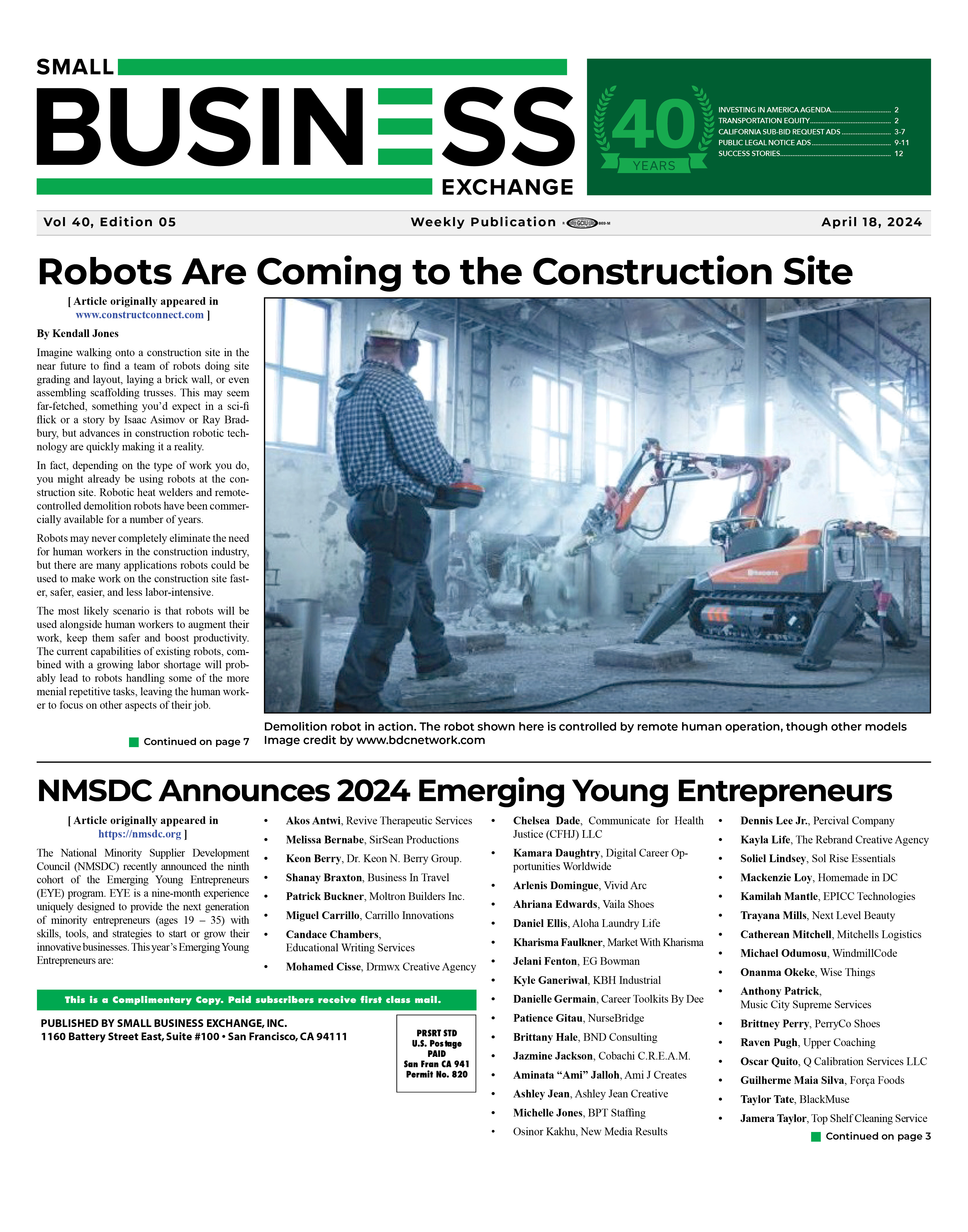|
|
Stauber Opening Statement at Hearing on Small Business Runway Extension Act Implementation
03/27/2019
The House Committee on Small Business Subcommittee on Contracting and Infrastructure met for a hearing titled, “Cleared for Take-Off? Implementation of the Small Business Runway Extension Act.” Ranking Member Pete Stauber (R-MN) delivered the following opening statement:
Remarks as Prepared for Delivery Thank you, Mr. Chairman. The Small Business Runway Extension Act, led by the former Chairman of this Subcommittee, was intended to be uncomplicated and straightforward. In fact, it changes only one word in the Small Business Act. Unfortunately, as simple as it was, the actual implementation of the law has been equally difficult. The purpose of the Runway Act was to allow graduating small businesses more time to build their competitive edge when competing against titans of industry in the open market. Recognizing the significance of this bill for small businesses, the Runway Act easily passed through both House and Senate, becoming law on December 17, 2018. Quickly following the law’s passage, the SBA put the brakes on its implementation. The SBA sent an information notice to all federal agencies halting the switch to the 5-year rule as mandated by the Runway Act. The SBA decided they would keep in place the previous 3-year calculation currently in regulation until the agency could undertake an assessment of the law through the rulemaking process. Unfortunately for small businesses fluctuating between small and “other than small”, this conflict in the law versus regulation imposes significant, real-world challenges in the form of potential size protests and uncertainty facing small business recertifications. Advocates for the immediate implementation of the Runway Act criticize the SBA’s reasoning on what they view as a straightforward and helpful piece of legislation. However, businesses facing declining revenues applaud the SBA’s cautious and transparent approach. Who is, or isn’t, considered “small” is up for debate and understanding how to best achieve clarity in the law may help alleviate this uncertainty. Regardless of who prevails in the legal arguments surrounding this debate, it is important that this Committee take a practical, policy-oriented approach to this issue and identify how best to respond to the concerns of small businesses. At the end of the day, our primary responsibility is to small businesses and we must take the greatest care to uphold and protect their ability to compete and succeed. I hope, through the testimony of our witnesses, that we can come to a greater understanding of the problem and discover ways to quickly resolve the issue in a manner that will provide clarity and consistency for small businesses.
Thank you Mr. Chairman, I yield back. Back To News |
|




